Basic Systems – Knowledge Management Systems (KMS)
Introduction
Get Started
Knowledge Management Systems (KMS) are software solutions designed to capture, store, and share knowledge within an organization. They facilitate the creation, organization, and retrieval of knowledge, ensuring that valuable insights and information are easily accessible to those who need them.
Primary Functions:
- Knowledge Capture: Allows users to input and store information, insights, and best practices.
- Knowledge Retrieval: Provides search and categorization features to help users find the information they need.
- Collaboration: Enables users to collaborate on documents, share insights, and provide feedback.
- Analytics and Reporting: Offers insights into how knowledge is being used, popular content, and areas where knowledge might be lacking.
Benefits:
- Improved Decision Making: Provides employees with the information they need to make informed decisions.
- Enhanced Productivity: Reduces the time spent searching for information or reinventing the wheel.
- Consistent Knowledge: Ensures that all employees have access to the same, up-to-date information.
- Facilitates Continuous Learning: Acts as a repository for training materials, best practices, and other educational content.
Challenges:
- Knowledge Silos: Information might become trapped in one part of the organization and not shared broadly.
- Keeping Content Updated: Ensuring that the knowledge in the system remains current and relevant.
- User Adoption: Convincing employees to consistently use and contribute to the KMS.
Real-world Application: A global corporation with offices in multiple countries uses a KMS to ensure that employees worldwide have access to the same information, training materials, and best practices. When a team in one country develops a new, effective sales strategy, they upload it to the KMS. This allows teams in other countries to learn from and implement the strategy, leading to improved sales performance globally.
Conclusion
Knowledge Management Systems (KMS) are instrumental in harnessing the collective wisdom of an organization. By capturing, organizing, and disseminating knowledge, KMS ensures that employees have the information they need at their fingertips, leading to improved decision-making, enhanced productivity, and consistent knowledge sharing. As organizations continue to grow and evolve, the effective use of KMS will be pivotal in maintaining a competitive edge and fostering a culture of continuous learning.













